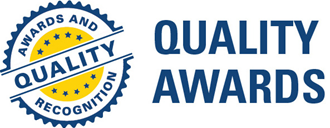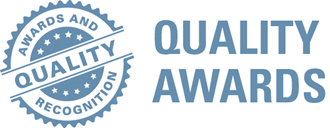

 Quality Awards
Quality Awards

The goals of our curriculum are to:
Curriculum will teach basic sciences knowledge in a clinical context, increasing clinical faculty participation in learning activities. The curriculum will employ current educational best practices, reducing lecture time and embracing active learning strategies with opportunities for independent and self-directed learning. Doctoring in Phase 1 will emphasize skills necessary to begin clinical clerkships, with other content integrated in Phases 2 and 3 (core and advanced clinical clerkships).
Close
Give students the opportunity to gain the knowledge, skills and professional attributes necessary for residency specialty training and for the practice of medicine. Faculty assess progress in meeting our graduation competencies and give feedback to students to help them meet their goals and ensure that they are prepared for residency in all fields of medicine.
Close
